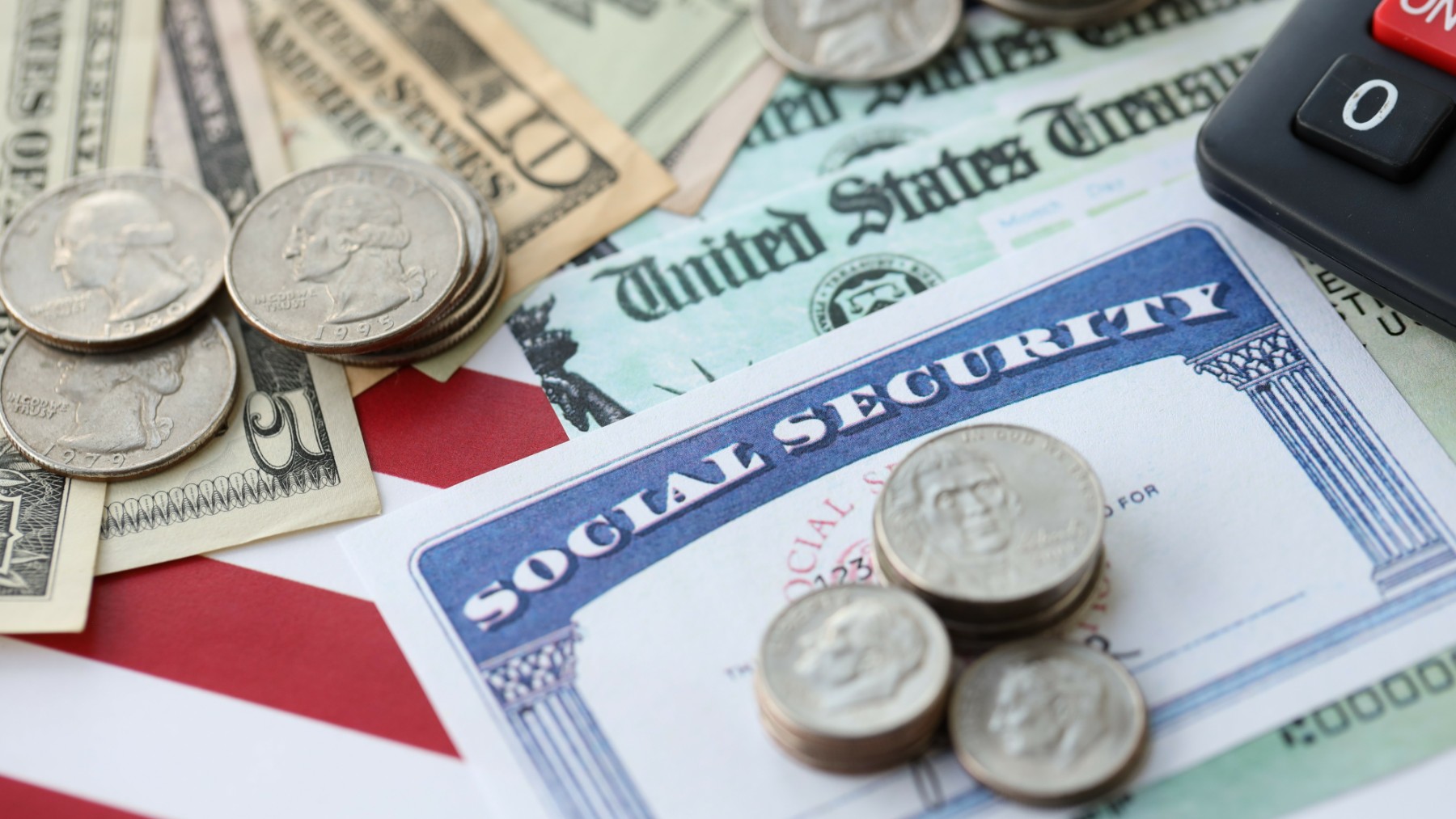Social Security in the United States is administered by the Social Security Administration (SSA), which makes monthly payments to retired beneficiaries and also handles matters related to Supplemental Security Income (SSI) and Social Security Disability Insurance (SSDI). The U.S. Department of the Treasury manages all payments through the SSA’s international payment systems. However, people traveling to or living in Cuba or North Korea will need to take several factors into account. Read on to learn more.
Social Security Administration (SSA) issues payments
Every single month, the Social Security Administration (SSA) issues payments to all beneficiaries of its program, which exceeds 74 million people. These range from retired employees to individuals receiving Supplemental Security Income (SSI) and Social Security Disability Insurance (SSDI).
Deposits are issued automatically to the connected bank account, based on the beneficiary’s date of birth. Since the issuance is automatic, people who are not at the country, traveling abroad, can receive their money without any issue. As long as they are not traveling to two particular countries.
Get to know which countries you should not travel unless you want to get your Social Security payments.
The Social Security Administration (SSA) every single month issues payments to more than 74 million beneficiaries. These also take into account retirees as well as those covered under Supplemental Security Income (SSI) and Social Security Disability Insurance (SSDI).
Payments are deposited in a automatic way into the bank account that you might be linked, according to the beneficiary’s date of birth. Due to the fact that the whole process is automatic, people traveling abroad can receive their money without any issue – as long as they are not in two specific countries.
Where payments are blocked: all you must know
Social Security recipients can get their benefits from anywhere in the world, provided their destination or recent residence is not Cuba or North Korea. If that is the case, the SSA will hold the money until the person comes back to the US or moves to another country where payments are legal. A full list of valid countries is available on the SSA’s international direct deposit page.
“If you are not in one of the 50 states, the District of Columbia, Puerto Rico, the US Virgin Islands, Guam, the Northern Mariana Islands, or American Samoa for at least 30 consecutive days, we consider you ‘outside the United States’ until you return and stay in the US for at least 30 consecutive days,” the SSA explains on its website.
Requirements needed in order to collect abroad
To receive Social Security payments outside the US, beneficiaries must meet several conditions: in first place be a US citizen, live in or visit an approved country, qualify for benefits based on income, and finally have been entitled to receive benefits since December 1956.
More over, payments can also keep if the worker on whose record the benefits are based died at the same time serving in the military or became disabled during military service.
Before you retire abroad, here’s what you should know about being an expat and receiving Social Security benefits:
You should create your my Social Security account before you leave.
Social Security will not make payments to certain countries.
Some financial institutions may be better than others.
Expats may get proof of life forms that must be returned.
Taxes can get complicated if you live overseas.
You Should Create Your Social Security Account Before You Leave
Earlier this year, the Social Security Administration announced that some beneficiaries may need to visit an office to prove their identity or change their direct deposit information. That could be difficult for those living overseas.
Expats can visit a federal benefits unit run by a U.S. embassy, but those can be few and far between. For instance, there are only two of these units in France, according to Marylouise Serrato, executive director of the organization American Citizens Abroad.

